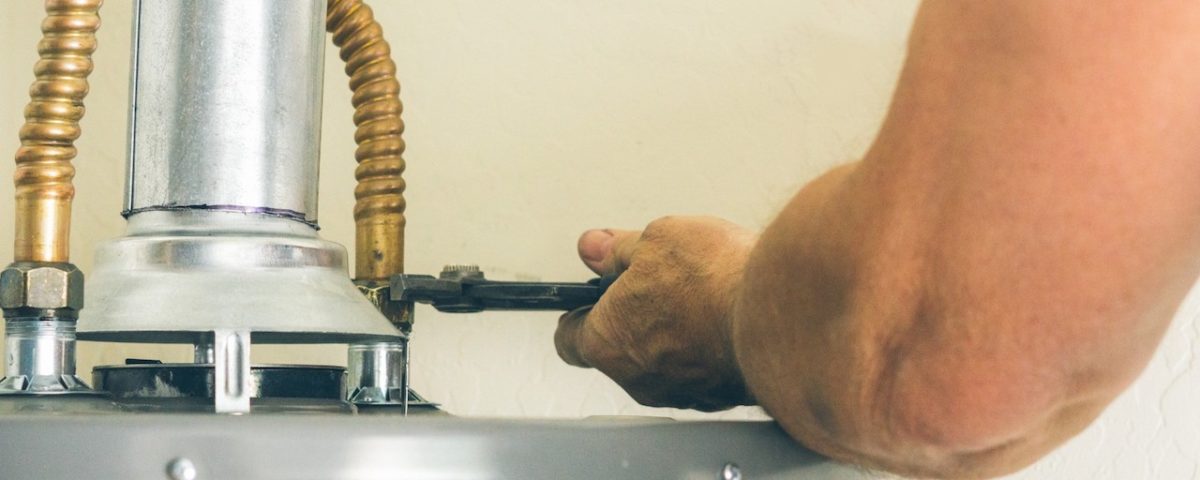We often prepare our homes for storms, hurricanes, and tornadoes, and depending on the area, earthquakes. If you live in an area prone to earthquakes, it’s important to protect your home as much as you can. Earthquakes are a natural disaster that set in motion a domino effect of aftershocks, toppled telephone poles, and broken gas pipes.
While we can’t prevent the collapse of a house, there are some measures that will help mitigate the effects of an earthquake to your house.
The Things You Need To Do
Knowing that you live in an area that is prone to earthquakes helps you to better prepare for the eventuality that it might occur. To ensure that you and your family are protected, here are some pointers to consider to be prepared:
Be Aware of Community Safety Plans
Make sure you are familiar with the procedures that might be in place within the community. By doing so, you can then create a family plan. You can plan escape routes, emergency meeting places and also a contact point to help you communicate with concerned relatives and friends.
Know What to Shut Off
It is also important to ensure that any adults within the family and teenagers are aware of where gas, electric and water shut off points are. It helps avoid any further damage and issues or bigger leaks that could be caused.
Put Resources Where You Can Find Them
Keep important tools secured in a place you know you will be able to find them, and create an emergency kit so that you can keep all the essentials together. Having your emergency resources on hand will help you plan a little better, and give you the reassurance that you have done all you can to be prepared, given the emergency circumstances.
Protecting the Interiors
The inside of your home is very vulnerable when there are earthquakes, so it is important to do what you can to protect it. There are certain things that we can do to ensure that we protect our homes’ interiors. Here are a few considerations:
- When it comes to gas appliances it might be worth having flexible connections and shut off devices to enable them to be switched off sooner rather than later.
- Make sure that water heaters are fastened to the wall. You could also get in touch with The Water Heater Company to ensure that this is done appropriately.
- Attach bookcases to the walls so that they are more secure, and to avoid any interior damage.
- Secure other aspects in your property. Consider cabinets to walls, and latches to protect what is inside them, ledge barriers on shelves to avoid things falling off and attach computers and small appliances to counter tops and desk areas.
Protecting the Exterior
Last of all, there are things that you can do to protect the exterior of your home in the best way possible. These include things such as adding anchor bolts or steep plates between your home and the foundations. You can also trim down any tree branches that might be hanging near your home to avoid their falling onto your house.
The integrity of your home, the seismic power of the earthquake, and placement of the epicenter are the key determining factors of how affected you will be, but you can do the small things to help keep your home together and be prepared.

